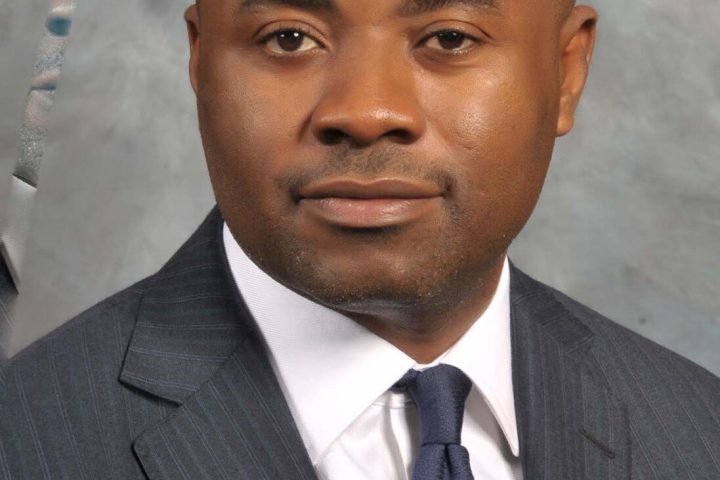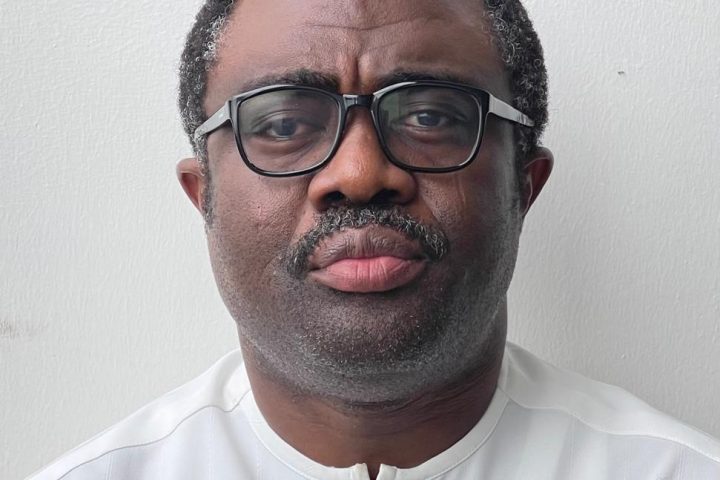What the US Election Means for Potential Nigerian Migrants
The 2024 US Election is set to impact immigration policy profoundly, especially for migrants from Nigeria. With former President Donald Trump and current Vice President Kamala Harris proposing contrasting immigration policies, the election result will shape the lives of thousands considering the US as a future home.
The two candidates offer vastly different approaches to immigration, affecting the opportunities and pathways available to migrants from across the globe, including Nigeria.
Join our WhatsApp ChannelTrump’s Stance on Immigration and its Implications
Trump’s approach to immigration has long been marked by strict controls. During his previous term, he prioritised reducing immigration numbers, particularly through limitations on the Temporary Protected Status (TPS) program, which provides shelter to migrants fleeing crisis-hit nations. While Nigeria wasn’t directly impacted by his TPS policies, Trump’s re-election could result in further restrictions, making legal immigration for Nigerians more difficult.
One of Trump’s most significant proposals includes ending birthright citizenship. This would directly affect Nigerians who travel to the US to have children and secure citizenship for them by birth. Trump argues that allowing children born to non-citizen parents to automatically receive US citizenship is “ridiculous” and plans to end it through an executive order if re-elected.
“We’re the only country in the world where a person can come in, have a baby, and the baby becomes a citizen with all the benefits,” Trump said recently. “It’s ridiculous, and it has to end.”
The concept of birthright citizenship is enshrined in the US Constitution’s 14th Amendment, which grants citizenship to all individuals born in the country. While this move would face significant legal challenges, it reflects Trump’s focus on tightening immigration laws.
Trump’s Merit-Based Immigration System
Trump has also proposed a merit-based system that would favour skilled workers over family-based immigration. In line with this, he plans to introduce policies that would grant automatic Green Cards to foreign graduates from US universities, making it easier for international students to stay and work in the country. This could benefit Nigerians, as many pursue higher education in the US.
“I think if you graduate from a US college, you should get a Green Card,” Trump stated. “This would allow us to attract the best and brightest from around the world.”
This policy shift could be advantageous for Nigerian graduates, encouraging skilled professionals to contribute to the US workforce. However, the limitation to merit-based immigration could result in fewer options for families hoping to reunite with relatives in the US.
Harris’s Vision for Immigration: A Broader Pathway to Citizenship
In contrast, Vice President Kamala Harris has proposed an immigration approach that focuses on expanding legal pathways and creating opportunities for family reunification. Harris has pledged to increase the number of employment-based visas by 13% and family-based visas by 7% over the next decade. For Nigerians hoping to secure permanent residency through family connections or employment, Harris’s policies offer a more accessible route.
Harris also supports the Deferred Action for Childhood Arrivals (DACA) program and TPS, promising to uphold and expand protections for vulnerable immigrant groups. This aligns with her past support for creating pathways to citizenship for immigrants without legal status, potentially offering a lifeline for migrants in uncertain circumstances.
“We need an immigration system that reflects our values and provides fair opportunities for people willing to work hard and contribute,” Harris stated during a recent campaign event.
Her stance contrasts sharply with Trump’s, as Harris prioritises inclusive policies that allow more immigrants to join the American workforce and secure long-term residency.
Impact on Nigerian Migrants and Job Prospects
The outcome of the US Election will also influence job prospects and visa policies for Nigerian professionals seeking work in the US. Harris’s policy to expand employment visas may provide additional opportunities for skilled Nigerians in fields such as technology, healthcare, and engineering. Currently, the US grants approximately 1.1 million Green Cards annually, with most awarded to family members of US citizens rather than employment-based applicants. Harris’s reforms could shift this balance slightly, benefiting skilled migrants.
On the other hand, Trump’s merit-based immigration system could attract highly educated Nigerians but limit opportunities for those who lack advanced degrees. For many Nigerians who travel to the US to further their education, Trump’s proposal of granting Green Cards upon graduation from US colleges could provide a streamlined path to permanent residency.
Election Implications for Nigerian Migrants
With contrasting policies, the 2024 US Election holds significant implications for Nigerian migrants. A Trump victory would likely lead to stricter immigration controls, prioritising merit-based visas and potentially ending birthright citizenship. For Nigerian students in the US, this could provide direct residency pathways, but it may make family-based immigration more challenging.
On the other hand, a Harris win promises broader family and employment visa availability, emphasising inclusivity and creating a friendlier environment for Nigerian migrants seeking a new life in the US. The choice of president will ultimately shape immigration laws, determining whether they become more inclusive or exclusive, and impact the dreams of Nigerians and other migrants aiming to build a future in the United States.
Emmanuel Ochayi is a journalist. He is a graduate of the University of Lagos, School of first choice and the nations pride. Emmanuel is keen on exploring writing angles in different areas, including Business, climate change, politics, Education, and others.



















Follow Us